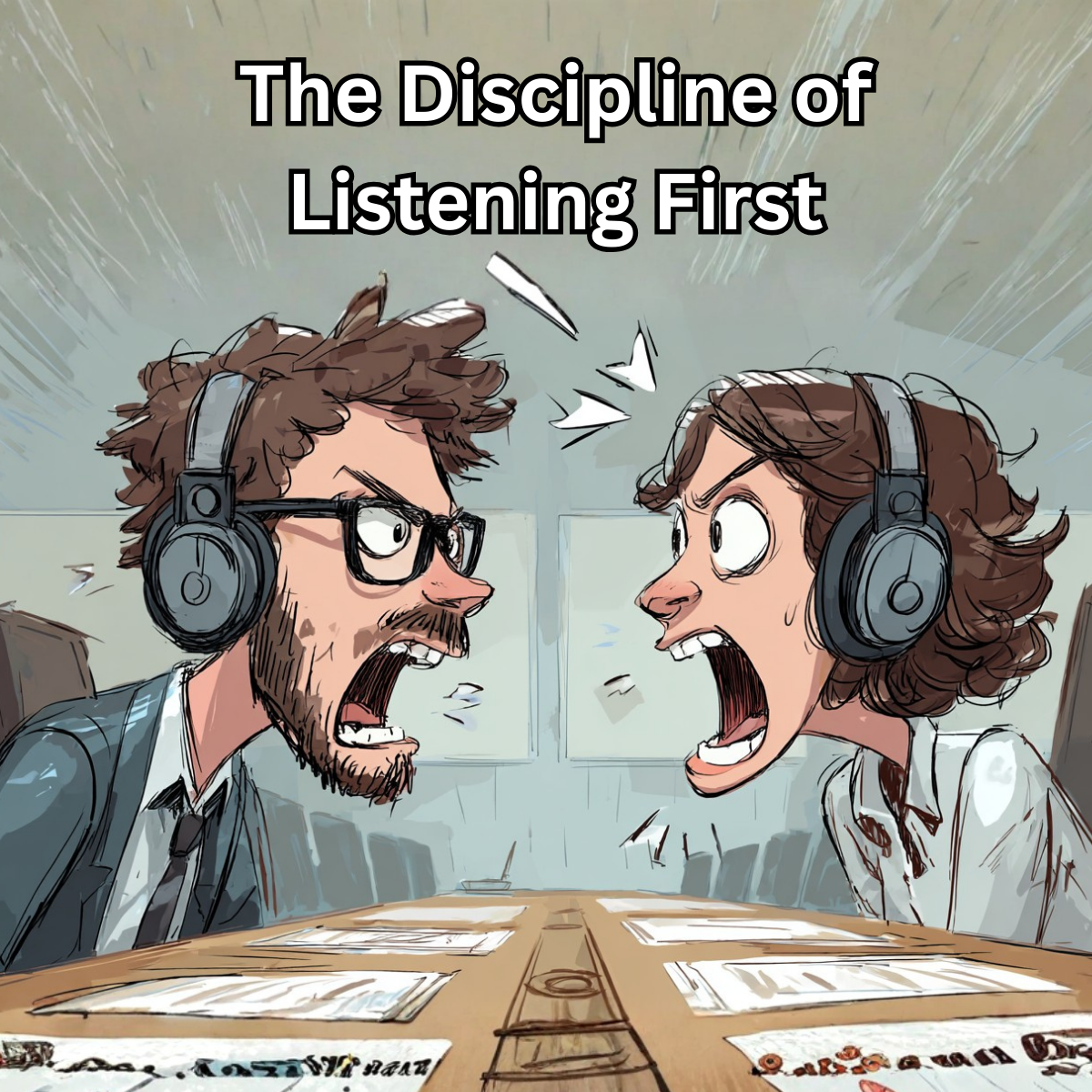I just got off the phone with BJ Fogg, PhD, Behavioral Scientist @ Stanford University. I have been scouring the Internet looking for sources to validate that the principles that I have been using to formulate my opinions on habit formation and keeping commitments are correct. I went through The 365 Commitment with Dr. Fogg, and after I was done he said the following, well if you are seeking validation that you are correct, well you have it. I concur, you are absolutely on to something. He indicated that over 300 weeks of clinical research and data points to the fact that the concepts that led me to success with habit formation are absolutely true.
Yup, The 365 Commitment just got validated by one the top most authorities on habit formation. Now you have no excuse not to read my blogs and take action! BJ Fogg does a better job of explaining his model in a recent Ted Talk. Check it out here.
Wow, scientific validation feels great. This has helped me to focus more on the steps required for habit formation. To take them more seriously. Clearly, I have discovered something. There has to be something to this process. After all, I think I have created at least 14 new life changing habits in the last few years. Prior to that, I did not have even one good habit that I could point to. Now I have 14. Decades and decades of trying and failing and now in two years, I am having repeated success. So definitely, something is clicking.
You need motivation to start a habit, no doubt about it. However, motivation is not enough. It will go way, and usually very quickly. During the time you have motivation you need to establish two things very quickly. Both of these things are required, because without them you will fail. You need a trigger and then you need to make sure that the difficulty level is low. Triggers are something that prompts you into action. Think Pavlov and the dinner bell. Difficulty is equally important. If you cannot achieve it, you will quit. It needs to be sufficiently easy to allow the habit time to grow.
BJ Fogg uses the concept of a plant, that you have to nurture and grow. You just simply cannot put too heavy a load on that pour plant and expect it to survive. You have to nurture it. The difficulty level needs to be your lowest common denominator. If you cannot do 5, then do 1. If you cannot lift 20, then do 10. If you cannot go 10, then go 5. The point is develop the habit first with less difficulty, then when the plant is strong add more strain.
Guy Reams (639)



